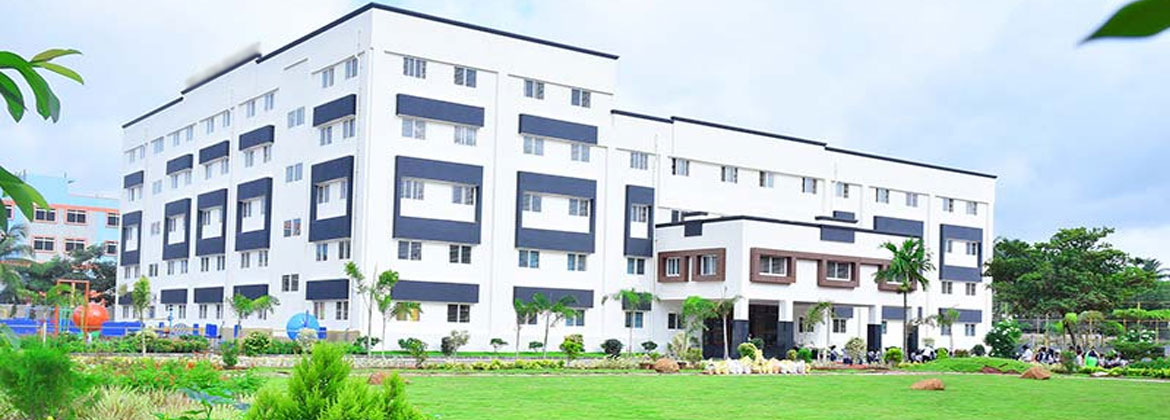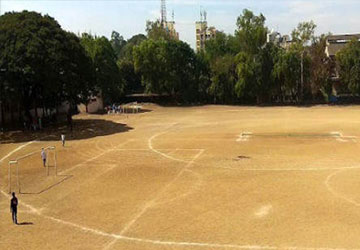

Infrastructure is the basic physical and organizational structure needed for the operation of a society or enterprise. The term generally refers to the built environment, including roads, bridges, canals, dams, buildings, and other structures. Infrastructure also includes the services and facilities necessary for the operation of a society, such as water supply, sewerage, electricity, and telecommunications.
Infrastructure is essential for the functioning of a modern society. It provides the means for people to move around, access goods and services, and communicate with each other. Infrastructure also supports economic activity by providing the necessary facilities for production and distribution.
he development of infrastructure is a key factor in economic growth. In developing countries, infrastructure investments can help to improve productivity and attract foreign investment. In developed countries, infrastructure investments can help to maintain economic competitiveness and improve quality of life.
Infrastructure can be financed through public or private investment. Public investment is typically provided by governments, while private investment is provided by businesses and individuals. The mix of public and private investment in infrastructure varies from country to country.
Infrastructure is a complex and multifaceted issue. It is essential for the functioning of a modern society, but it can also be a source of environmental and social problems. The challenge is to develop infrastructure that meets the needs of society in a sustainable way.


